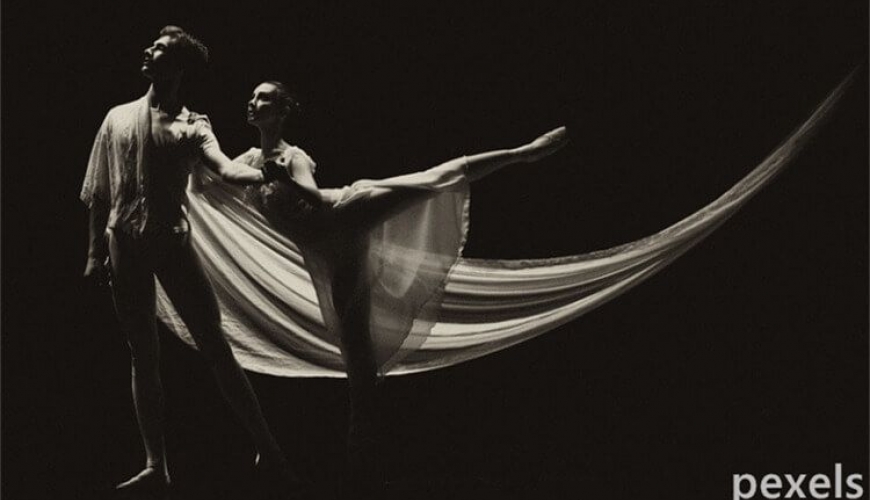
Dancing ballet is not only about mastering the art of movement and expressing yourself through dance but also about looking the part. Choosing the right ballet outfit can make a significant difference in your performance, comfort, and adherence to the ballet dress code. Whether you are preparing for a performance or attending a rehearsal, selecting an outfit that is comfortable, flexible, and durable is essential. In this blog, we will discuss the key considerations when choosing your ballet outfit, including the ballet dress code, dress for rehearsal, costume for ballet performance, and more.
Ballet Dress Code:
The ballet dress code is a set of guidelines that every ballet dancer should follow. It outlines the required attire for classes and performances, ensuring that everyone is dressed appropriately and professionally. The dress code may vary depending on the level of ballet you are performing, but some standard rules apply across the board.
For female ballet dancers, a leotard and tights are the most common attire for class and rehearsals. Leotards come in different styles and colors, but black is the most common. Tights should be skin-colored and should not be too sheer or too opaque. Ballet shoes should also be worn, and hair should be neatly pulled back into a bun.
For male ballet dancers, a white t-shirt or tank top and black tights are typically required for classes and rehearsals. Ballet shoes are also a must, and hair should be neatly combed back.
Dress for Rehearsal:
When attending a rehearsal, it is important to wear an outfit that is comfortable and allows for movement. You will be rehearsing for long periods, and wearing restrictive clothing can hinder your performance. While the ballet dress code is still applicable during rehearsals, you can also add some personal touches to your outfit to make it more comfortable.
For example, you can wear a loose-fitting shirt or a pair of leggings over your leotard and tights to stay warm during breaks. A pair of warm-up boots or leg warmers can also help keep your feet and legs warm during rehearsal.
Costume for Ballet Performance:
When it comes to ballet performances, your costume should fit the theme and aesthetic of the performance while also allowing for freedom of movement and ease of performance. The costume should be designed to enhance your performance and not hinder it. Therefore, it is essential to work closely with your costume designer to ensure that your costume is comfortable, fits well, and allows for complete mobility.
The fabric of your costume should also be breathable, durable, and lightweight to prevent overheating and reduce the risk of injury. Some costumes may require additional support, such as built-in bras, to help with movement and posture.
Conclusion:
In conclusion, choosing the right ballet outfit is essential for your comfort, performance, and adherence to the ballet dress code. The ballet dress code is a set of guidelines that every ballet dancer should follow, outlining the required attire for classes and performances. When attending a rehearsal, it is essential to wear an outfit that is comfortable and allows for movement. For ballet performances, your costume should fit the theme and aesthetic of the performance while also allowing for freedom of movement and ease of performance. By taking these key considerations into account, you can select an outfit that enhances your performance and helps you look and feel your best on stage.












